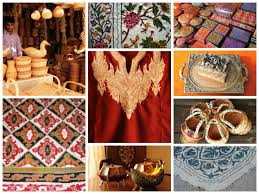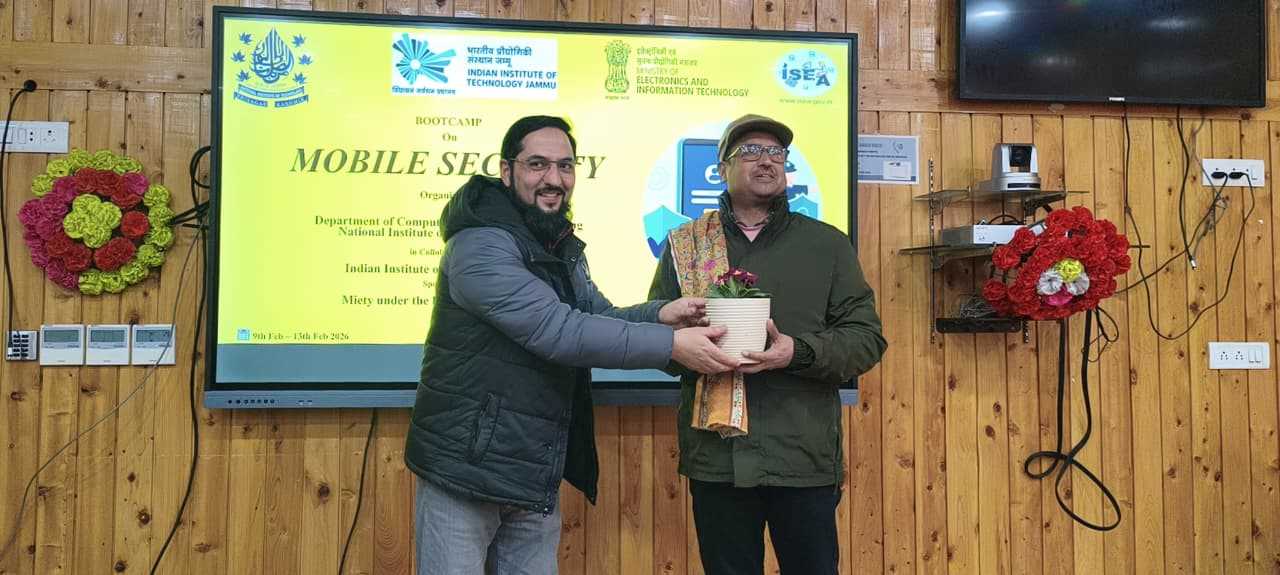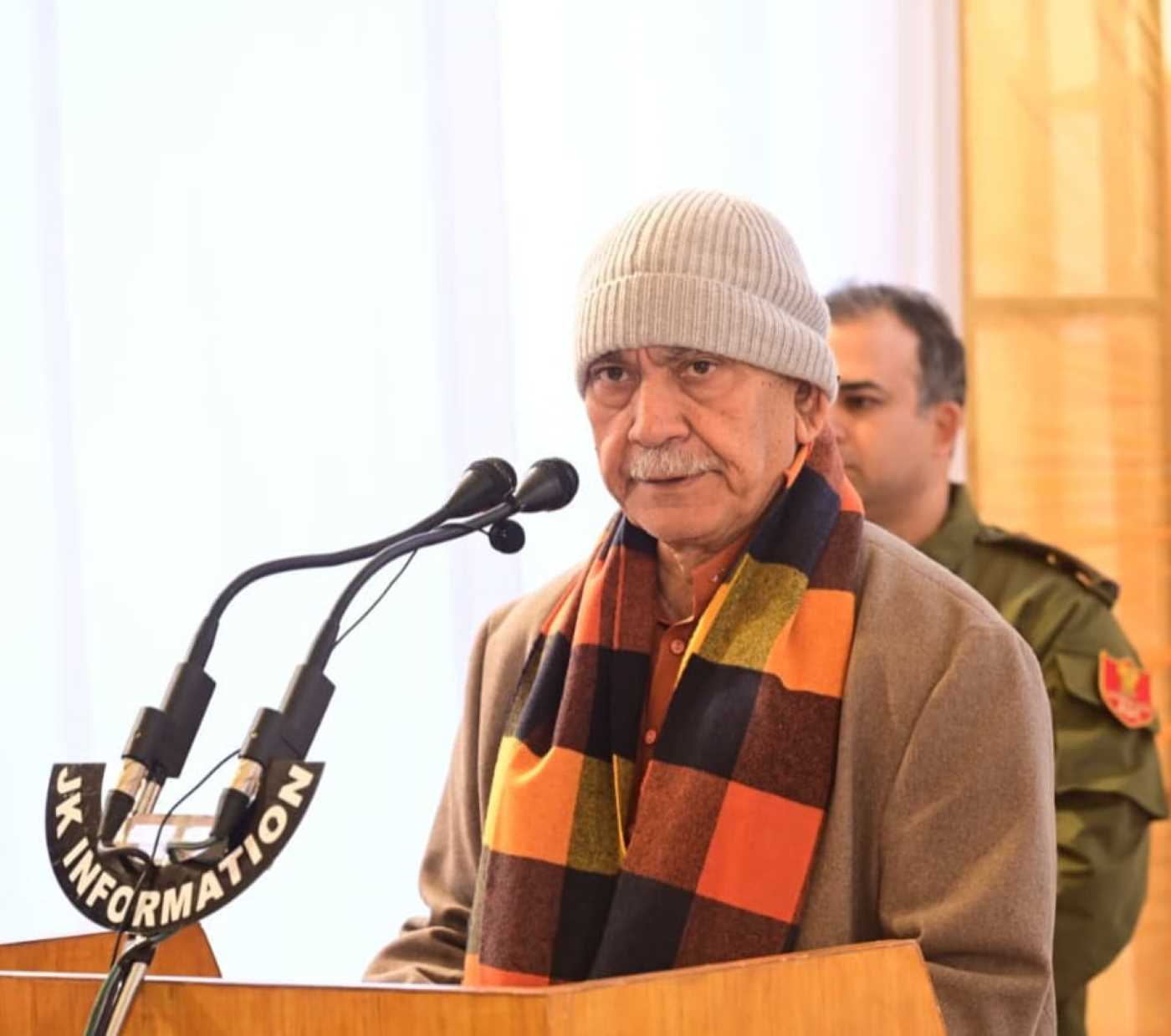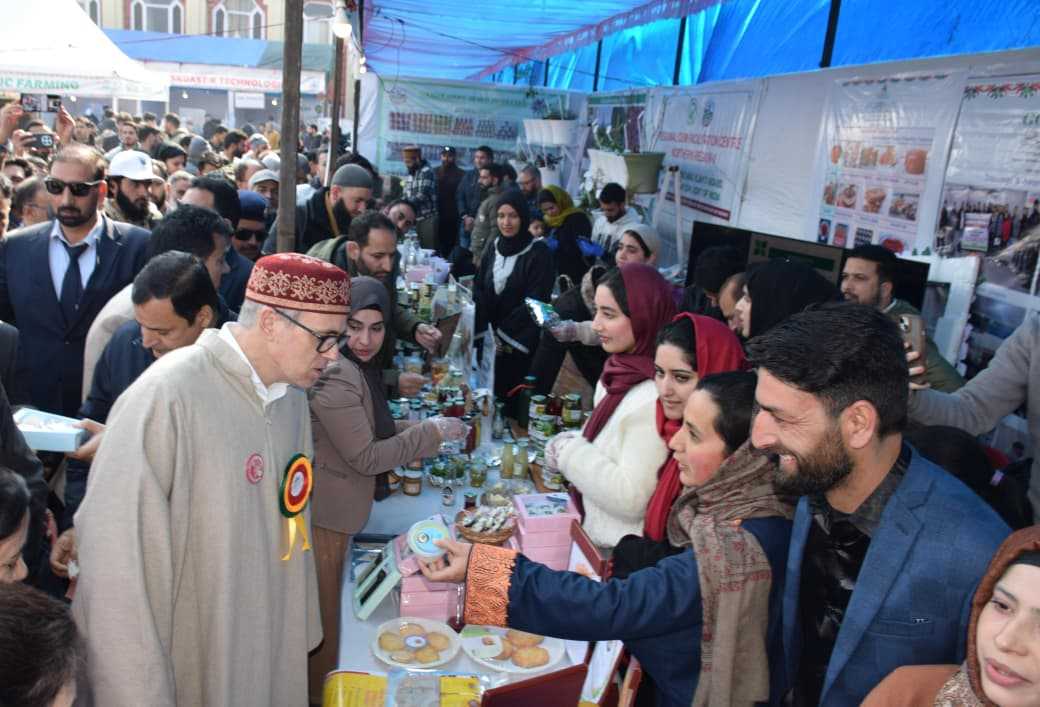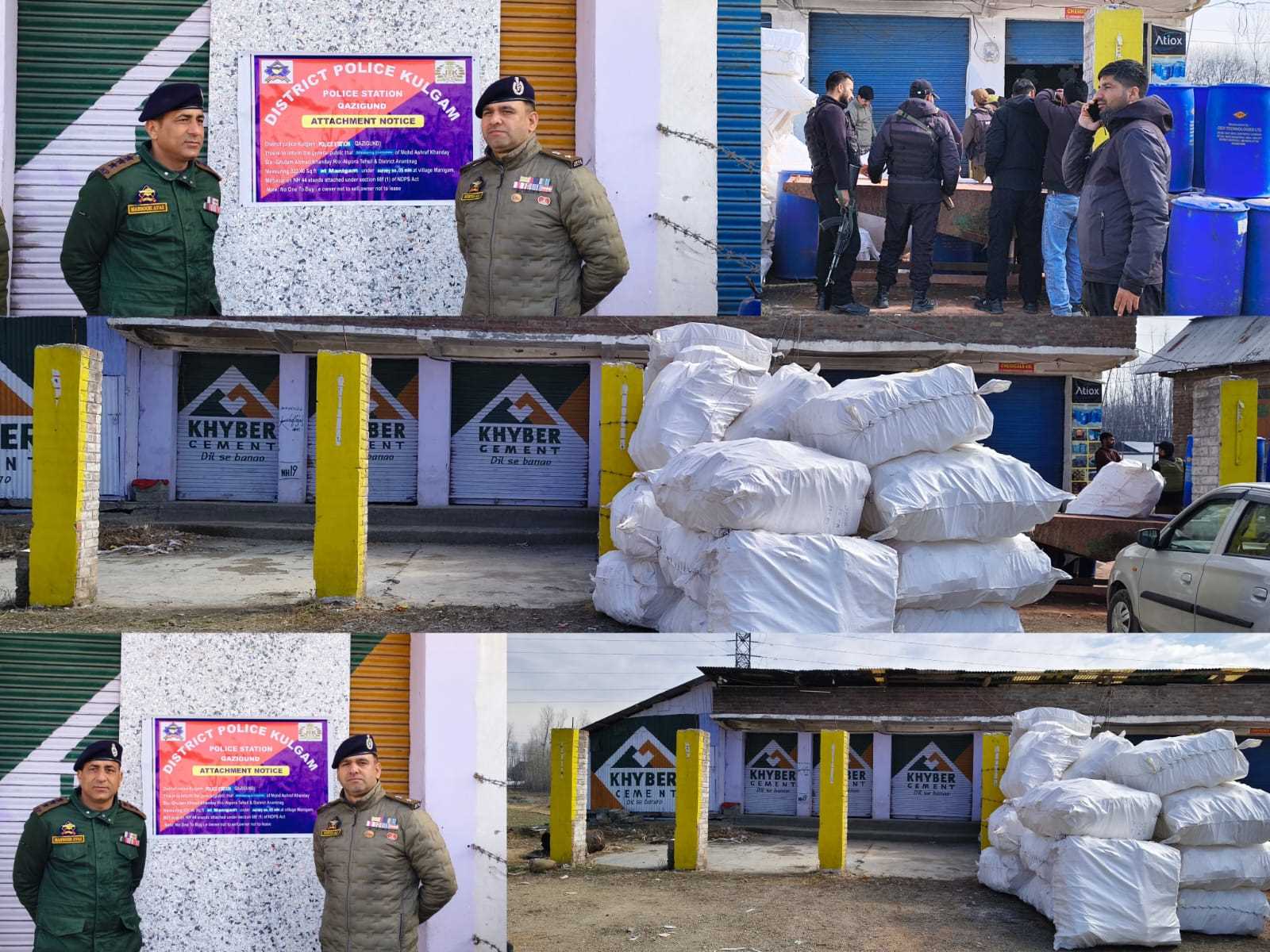Srinagar, Sep 14: Kashmir’s handicrafts represent much more than commerce—they embody legacy, identity, and the soul of a people. Every carpet, shawl, paper-mâché piece, walnut wood carving, and copper creation carries the spirit of Kashmir. Our artisans are not just craftsmen; they are guardians of centuries-old traditions, weaving emotion, patience, and cultural memory into every creation. Yet today, this living heritage faces a critical threat from machine-made imitations and market neglect.
My family has been part of this journey for over a century—four generations deeply connected to Kashmiri handicrafts. I have witnessed the golden era of the 1980s when Kashmiri carpets were among India’s most prized exports. But times have changed drastically. Industrialization has reshaped trade dynamics, prioritizing speed, affordability, and volume over artistry. Orders for pashmina shawls, woodwork, copperware, khatamband ceilings, Sozni, and crewel embroidery—once sustaining generations—are now replaced by machine-made goods produced in factories from Zakura and Ganderbal to Amritsar and Ludhiana.
This decline echoes the fate of Iran, Kashmir’s ancestral craft inspiration. In Iran, handwoven carpets were once a cultural and economic cornerstone. The introduction of machine-made carpets in the 1960s devastated that industry. Despite continued reverence for handmade carpets, the craft never regained its former glory. A national pride quietly faded under the weight of mass production.
Kashmir now faces a similar crossroads. The most troubling issue is the deception in our markets, where machine-made products are sold as handmade treasures. This exploitation harms artisans and betrays buyers, damaging the global reputation of Kashmiri crafts. A mafia-like nexus involving hefty commissions and fake “artisans” preys on tourists and local buyers alike.
Government financial aid for artisan clusters, export incentives, and expos must be carefully monitored to ensure it benefits genuine artisans and is not wasted.
To save this heritage, bold, immediate actions are essential:
Establish a dedicated marketplace in Kashmir, such as near Gulmarg or Srinagar, exclusively for certified handmade products, ensuring authenticity and quality.
Enforce strict laws and penalties against those selling machine-made items as handmade and against exploitative commission practices.
Launch public awareness campaigns to help buyers distinguish authentic Kashmiri crafts from imitations.
Provide minimum wages and social security to artisans to uphold their dignity and livelihood.
Offer educational opportunities for artisans’ children to preserve the craft legacy.
Ensure marketing support and quality certification through the handicrafts department to restore buyer trust.
Machine-made and handmade products may coexist, but not at the cost of cannibalizing heritage crafts. Handmade Kashmiri crafts must be protected by law and conscience, while machine-made goods should be clearly labeled and sold separately.
As a chairman and heir to a community steeped in this craft for over a century, I know the loss of an artisan is not just a lost job—it’s a silenced tradition and an incomplete culture.
Unlike Iran, we have the gift of hindsight. We must act now, with urgency and conscience, so Kashmiri artisans continue to create—not for museums, but for the living world. This demands government leadership with robust policies, sufficient funding, comprehensive artisan welfare programs, strict quality control, and dismantling counterfeit networks.
Citizens also play a vital role by consciously supporting genuine artisans and rejecting fake goods.
Only through united government action and civic responsibility can Kashmir’s artistic legacy thrive and prosper for generations to come.
